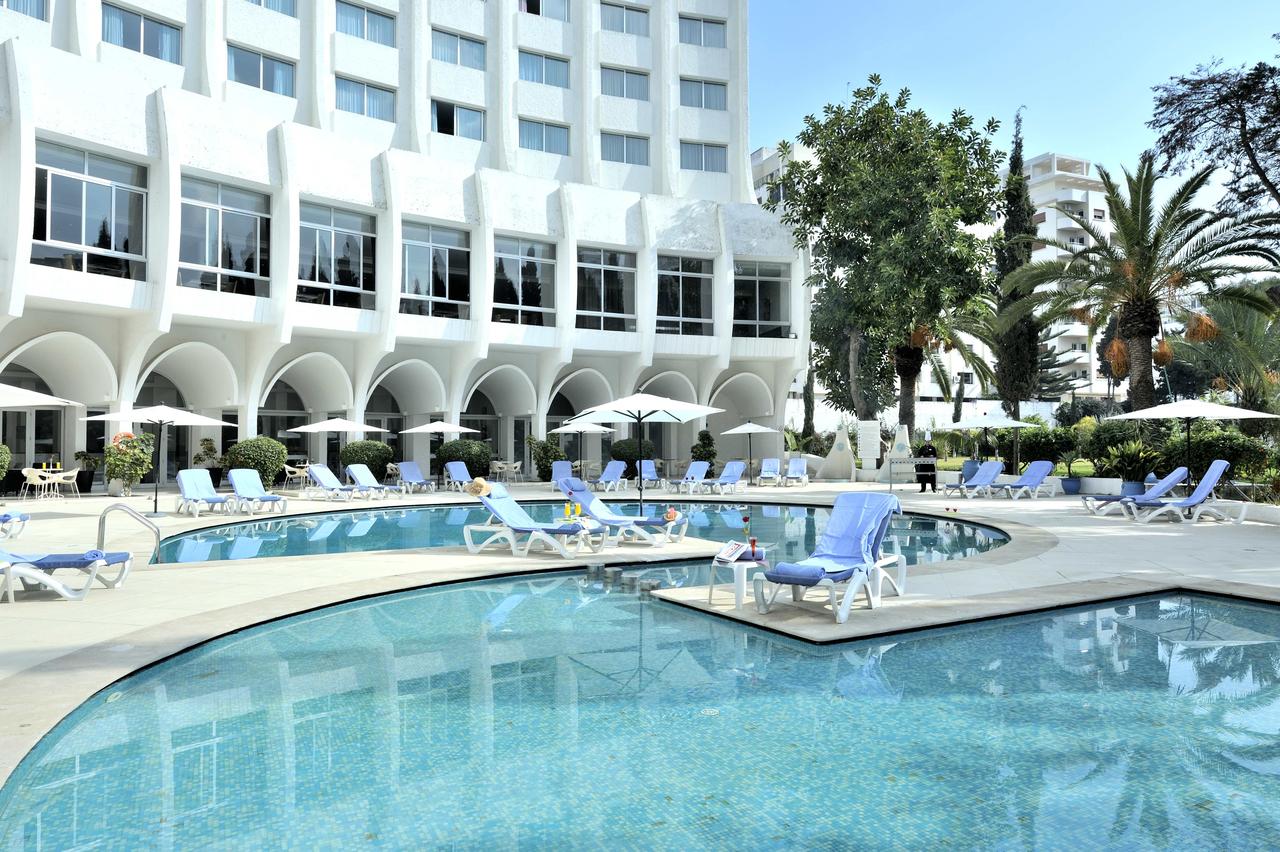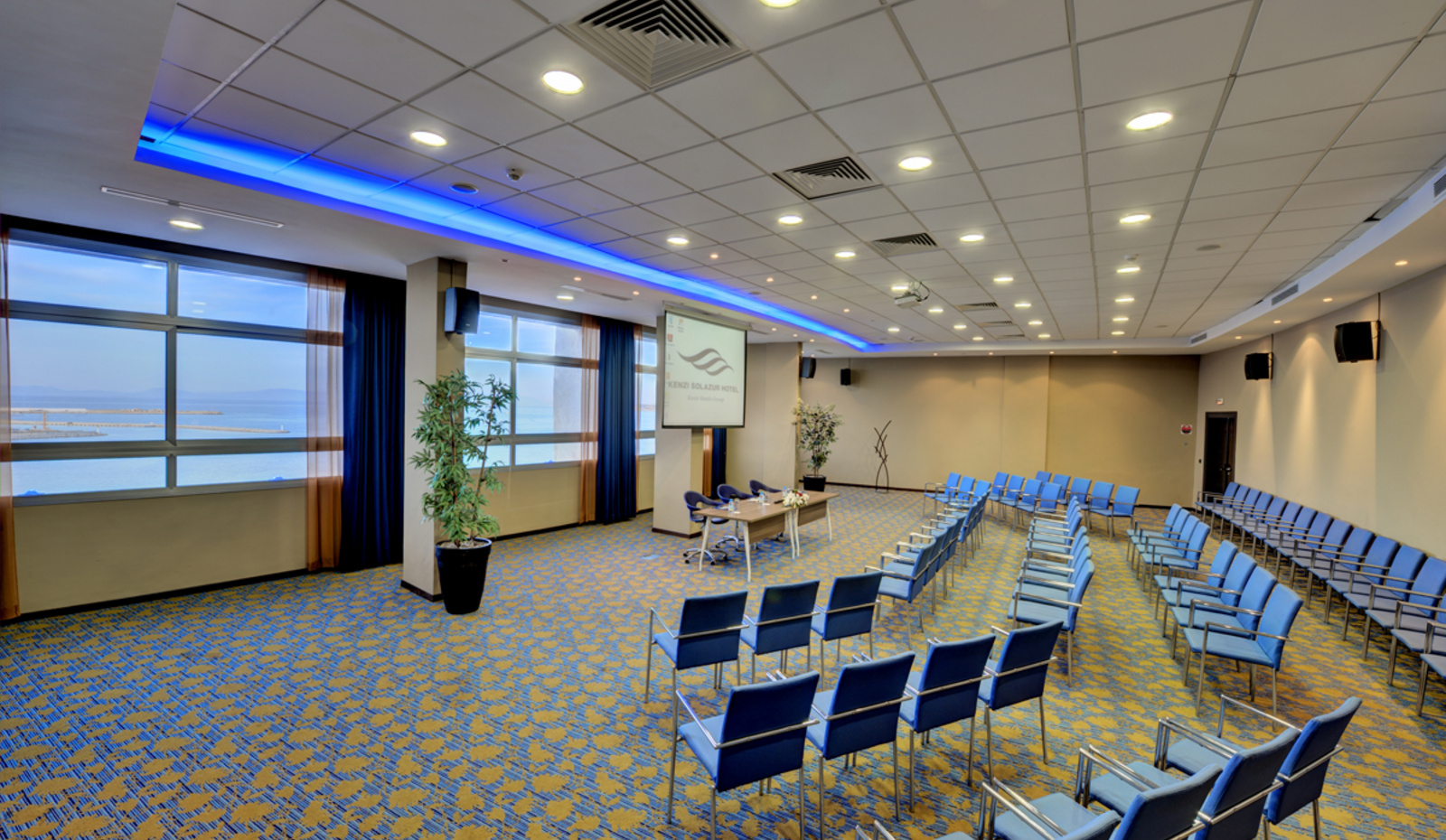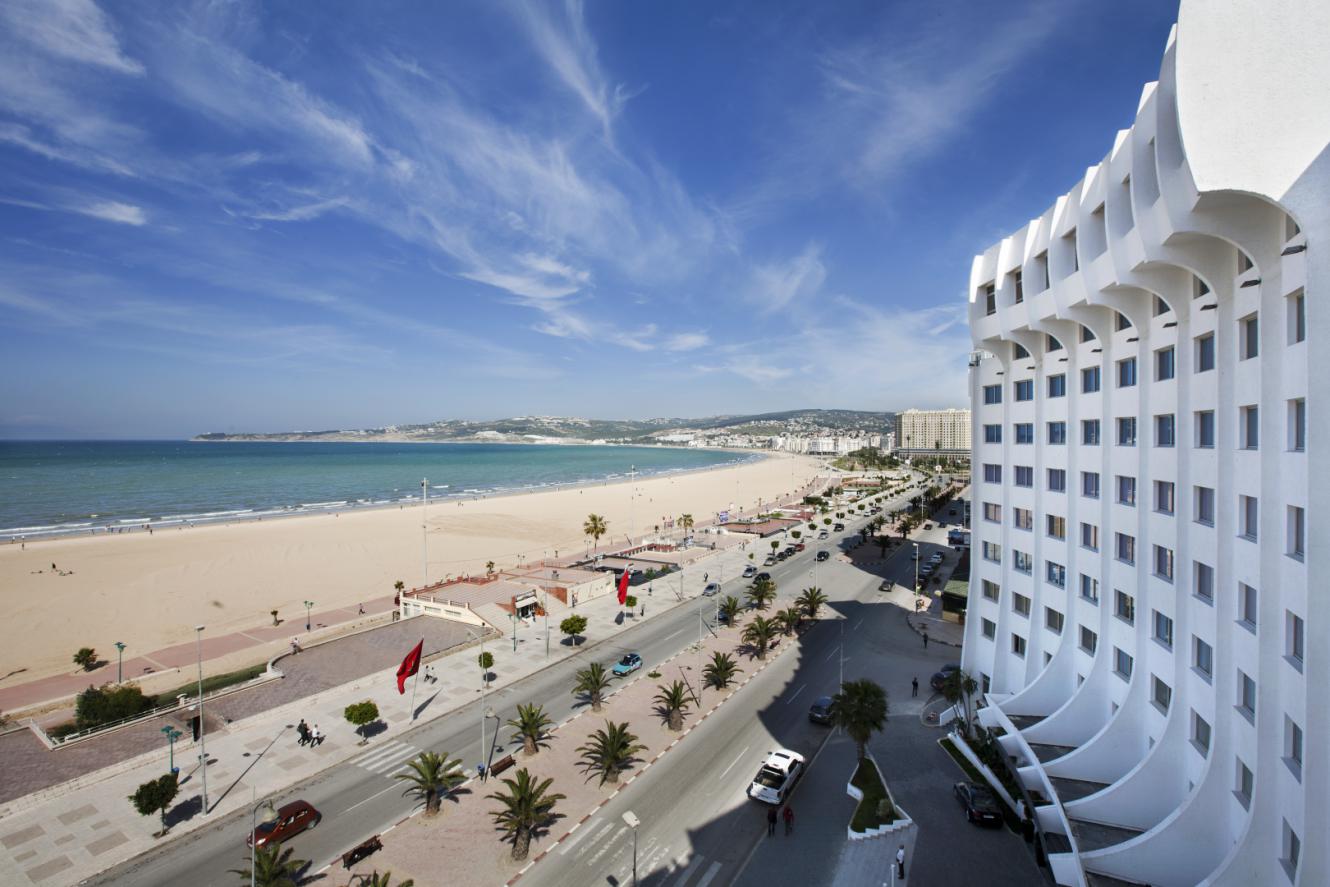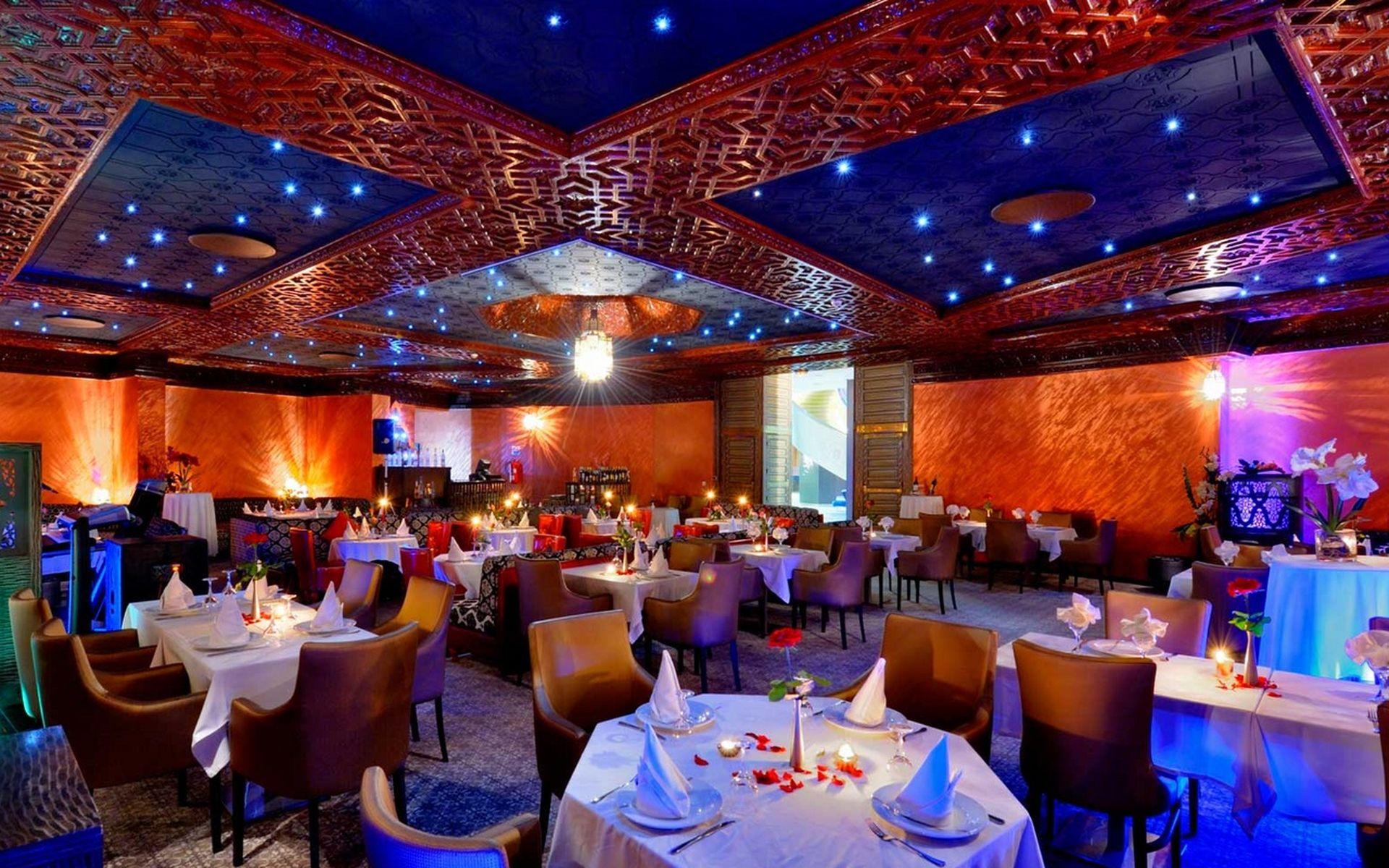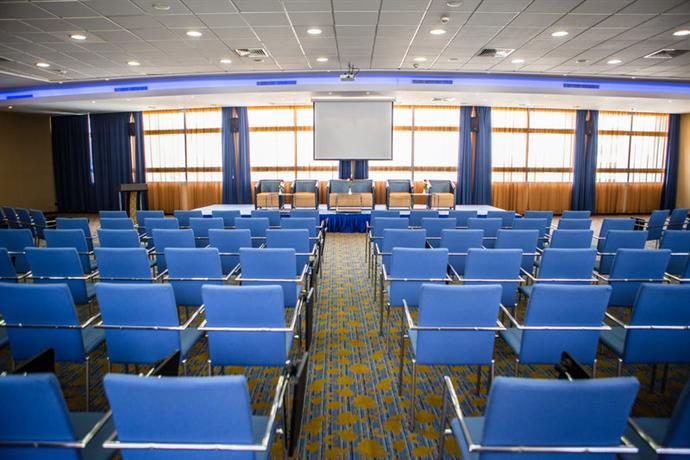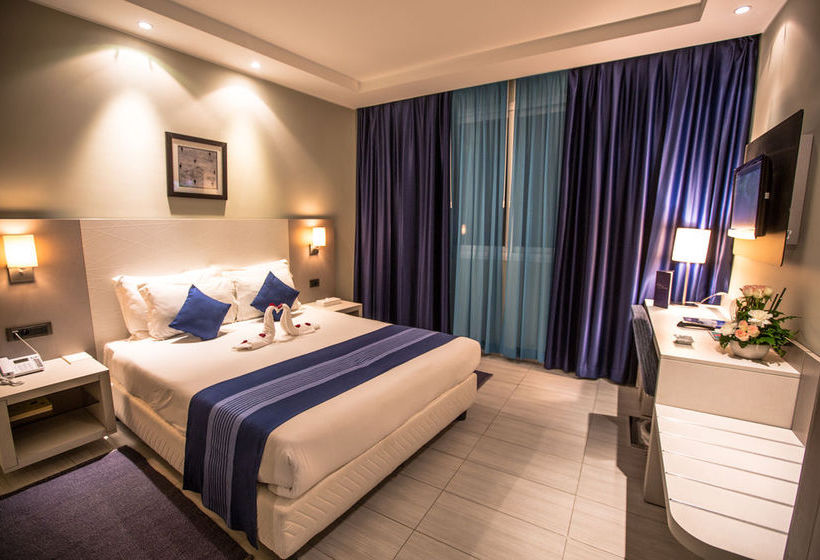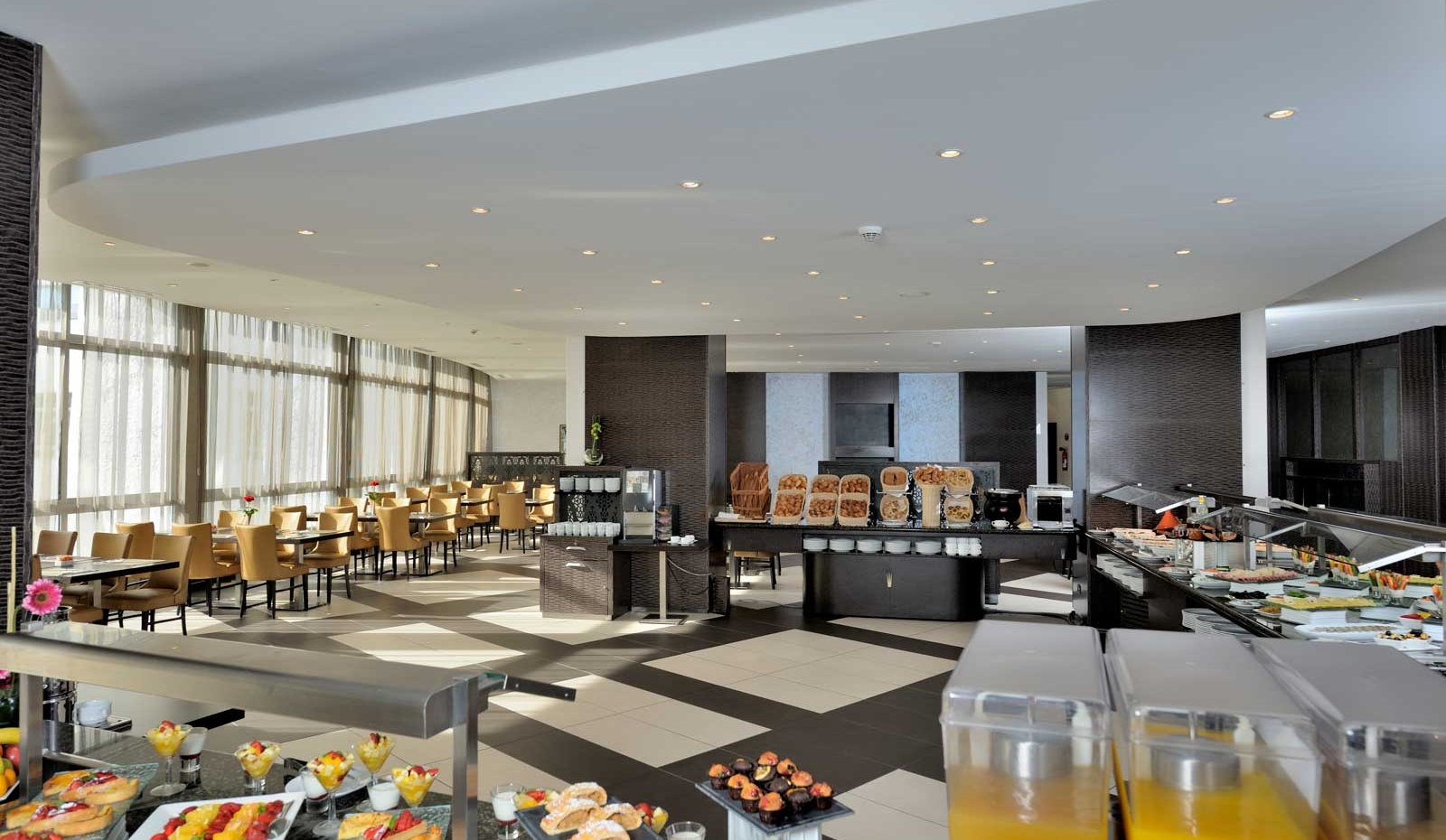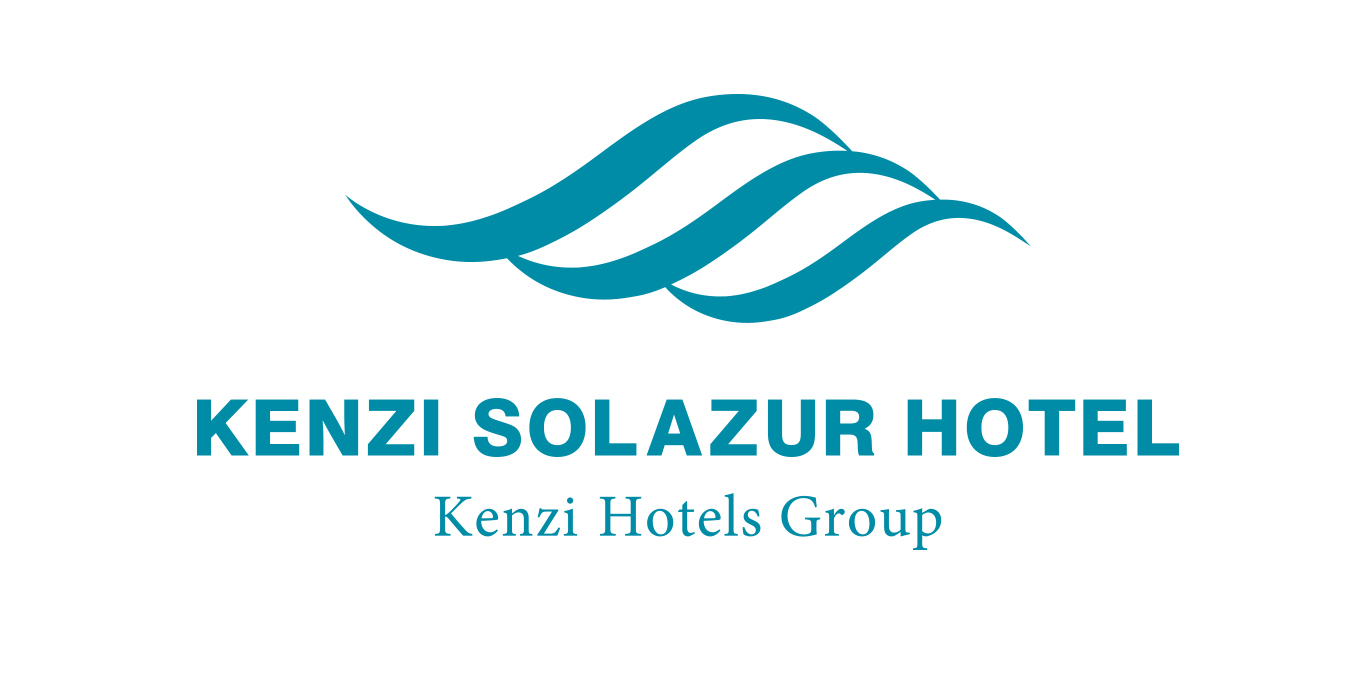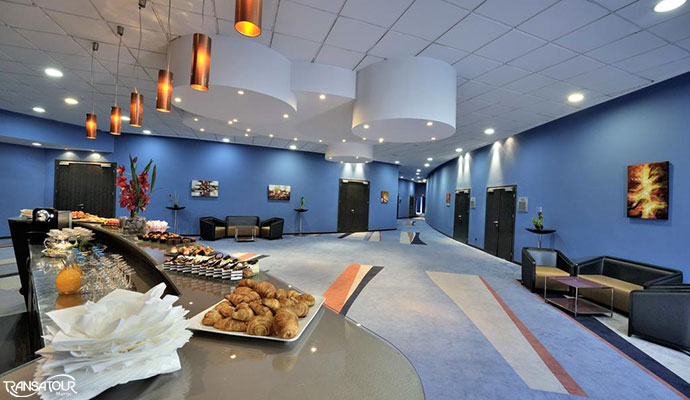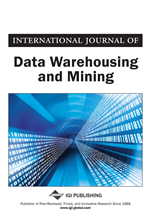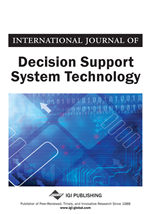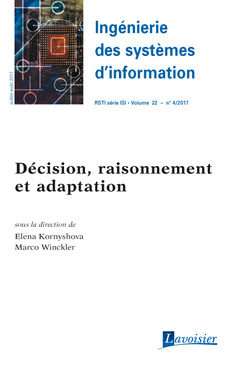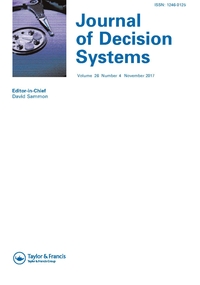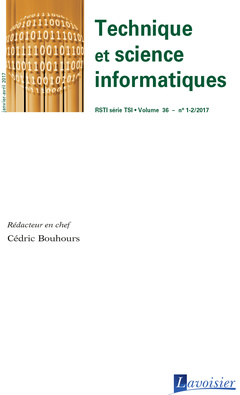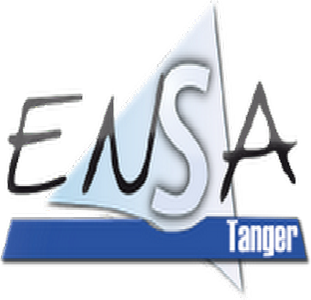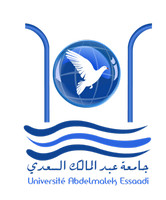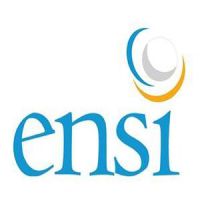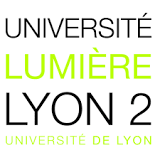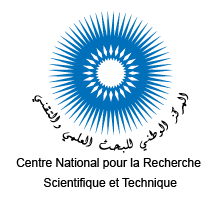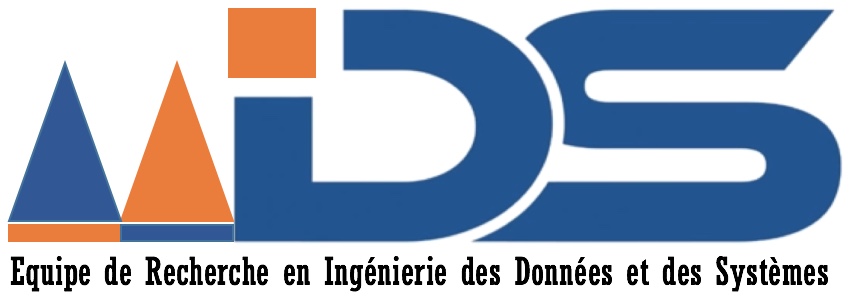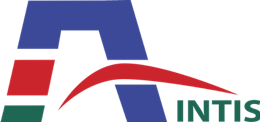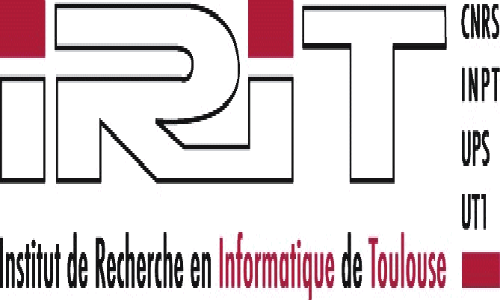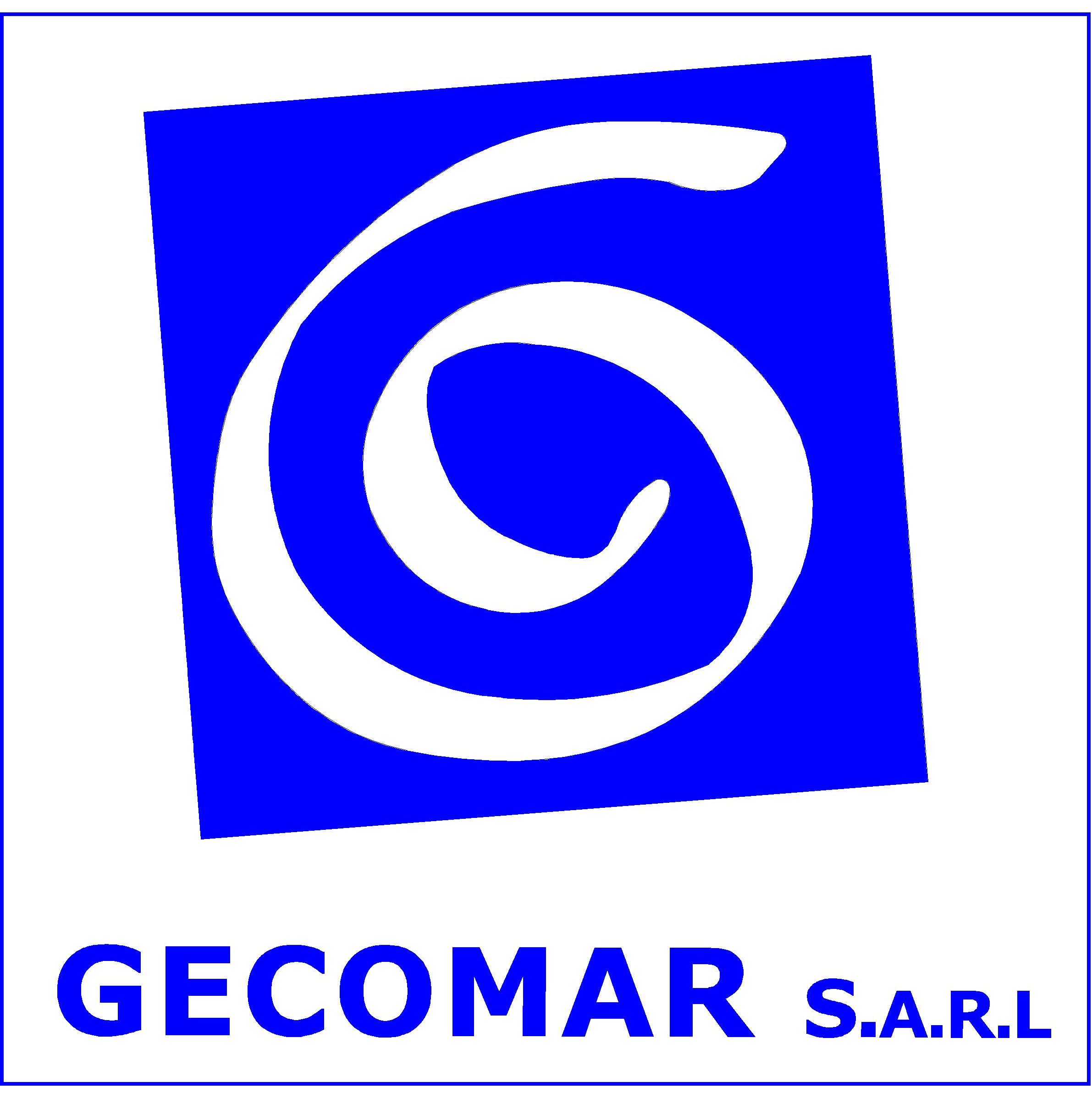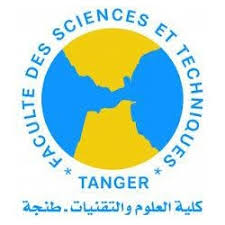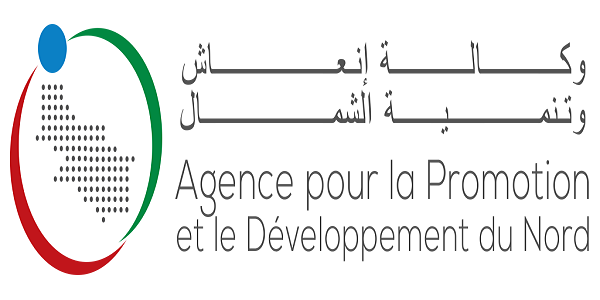Gallery
Best Moments
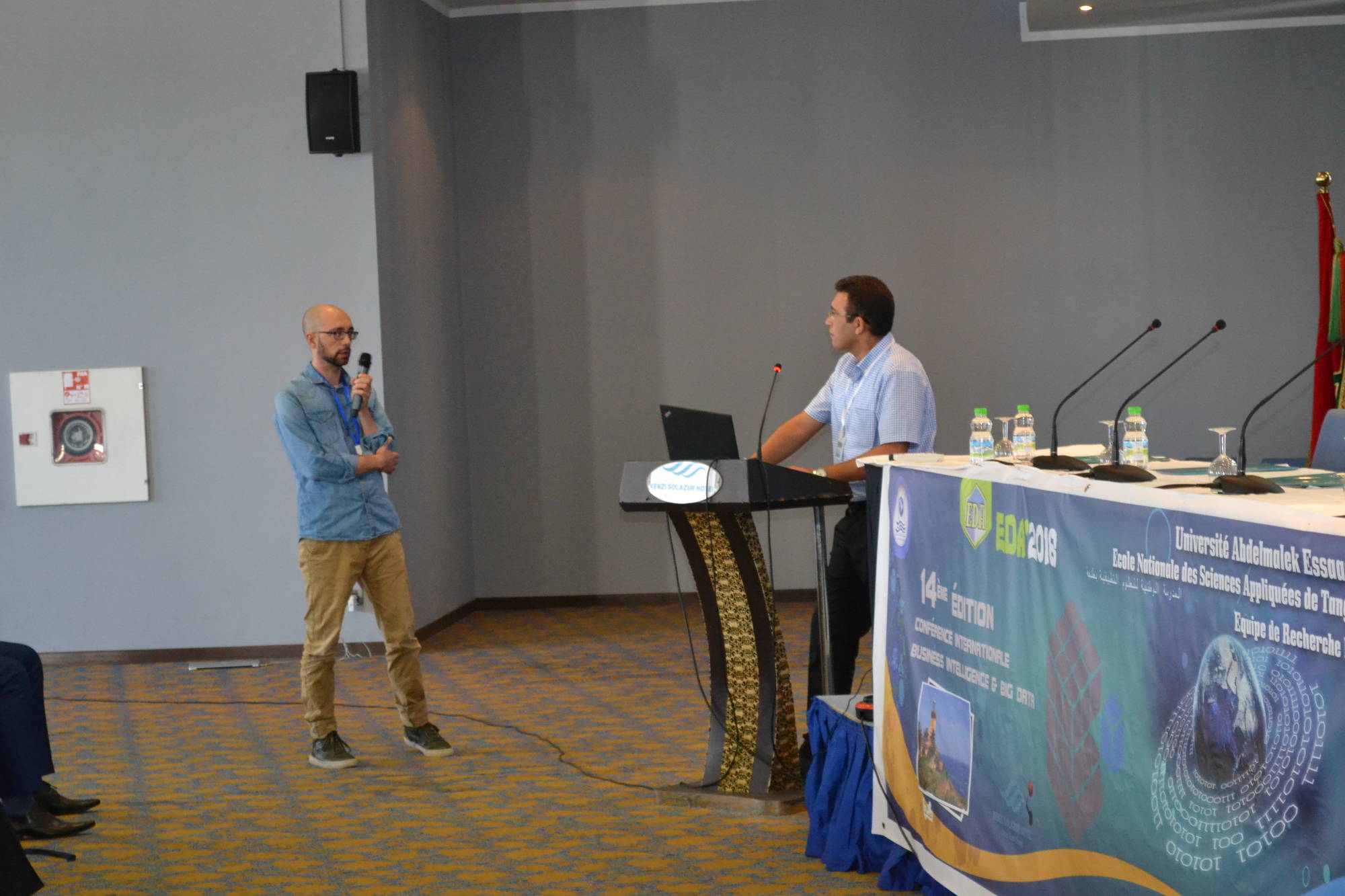
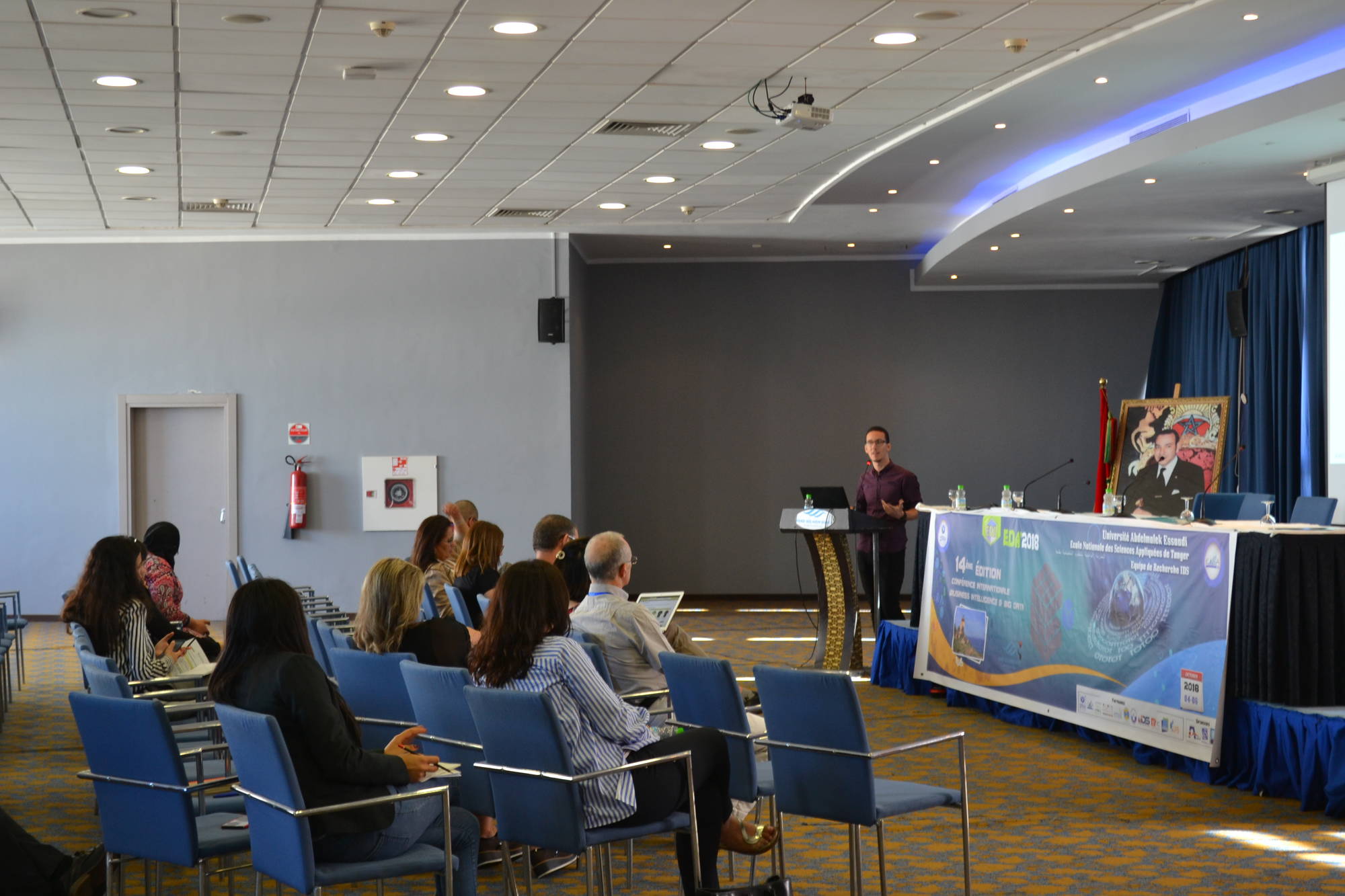
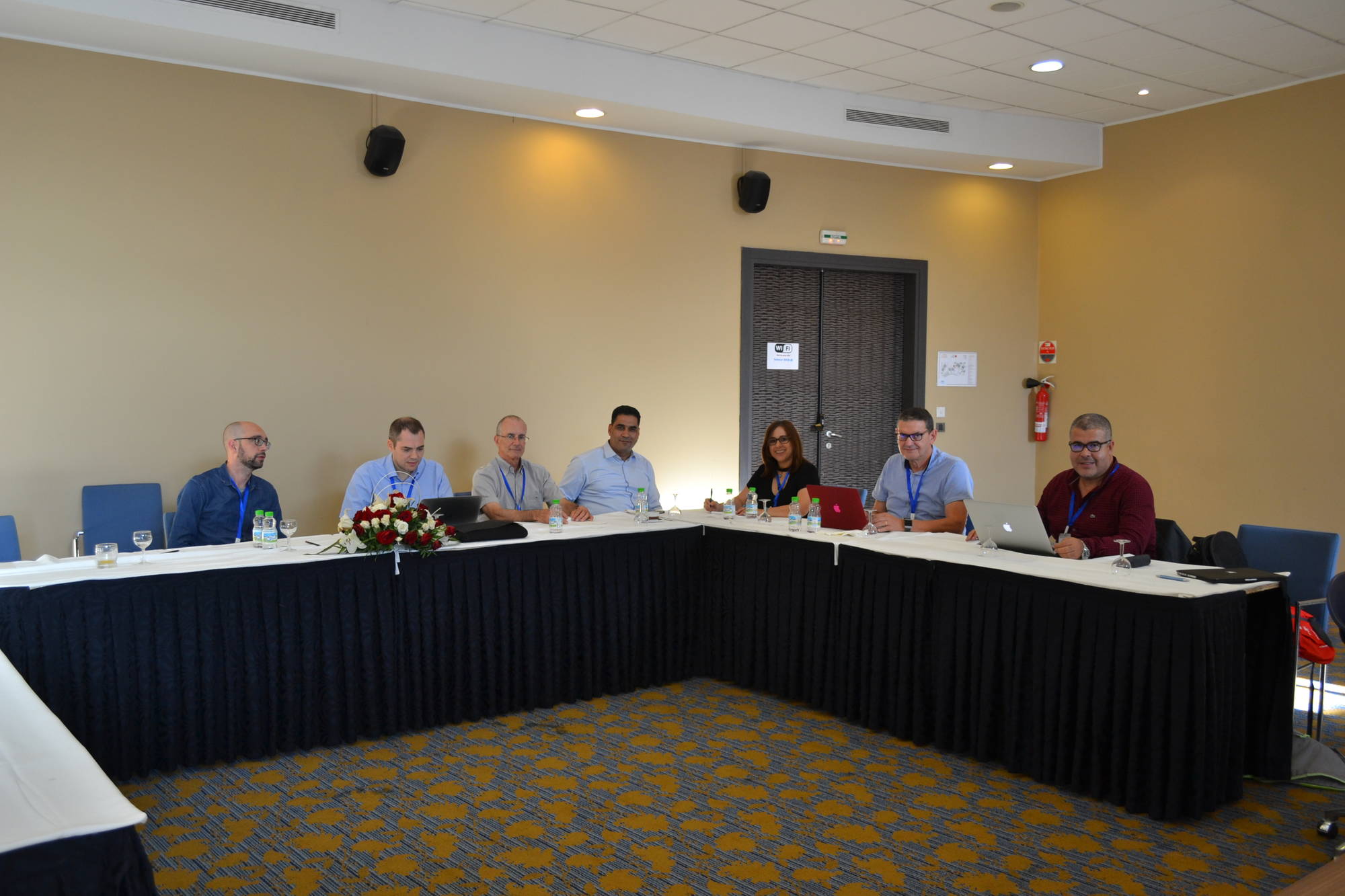
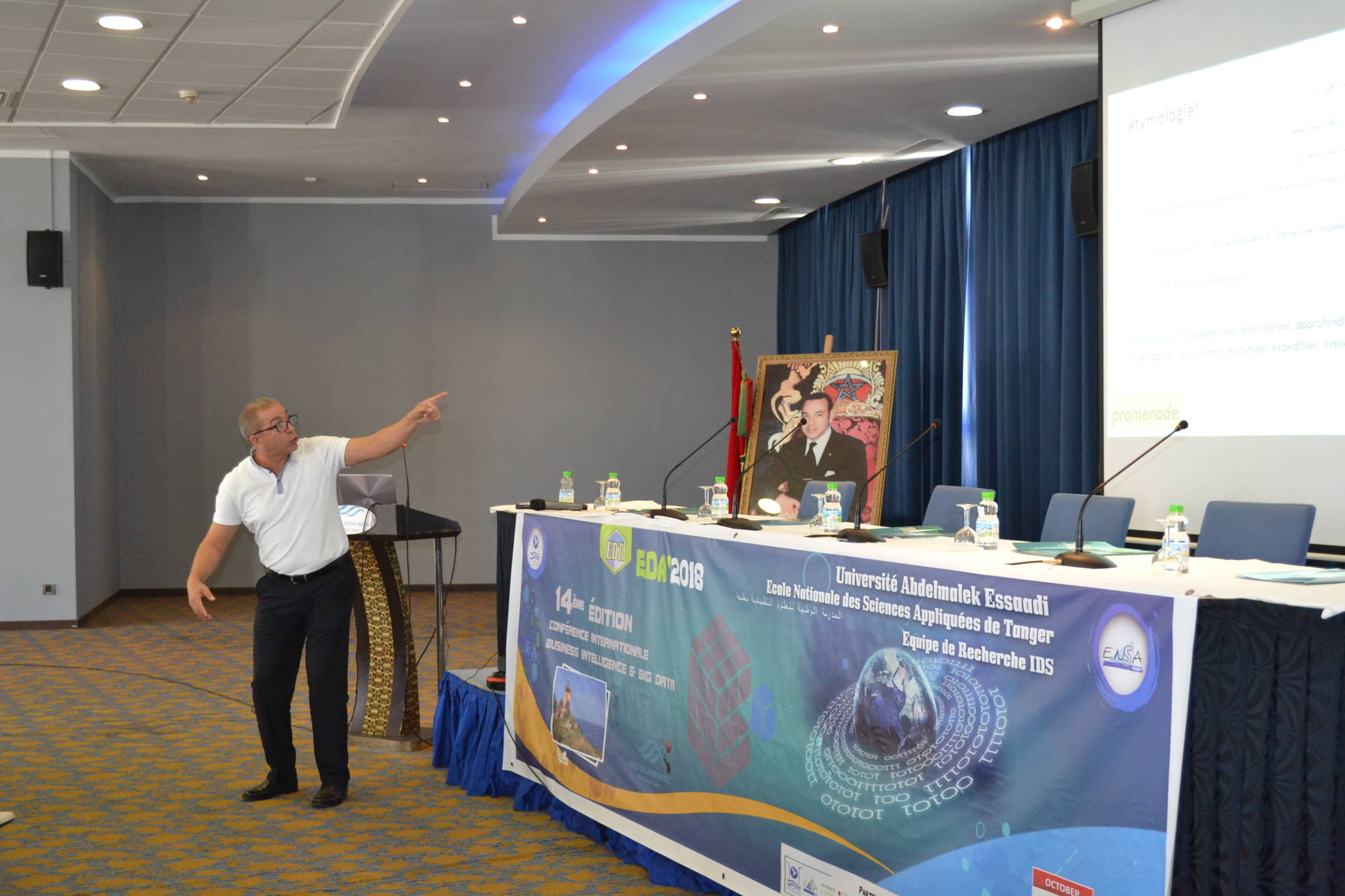
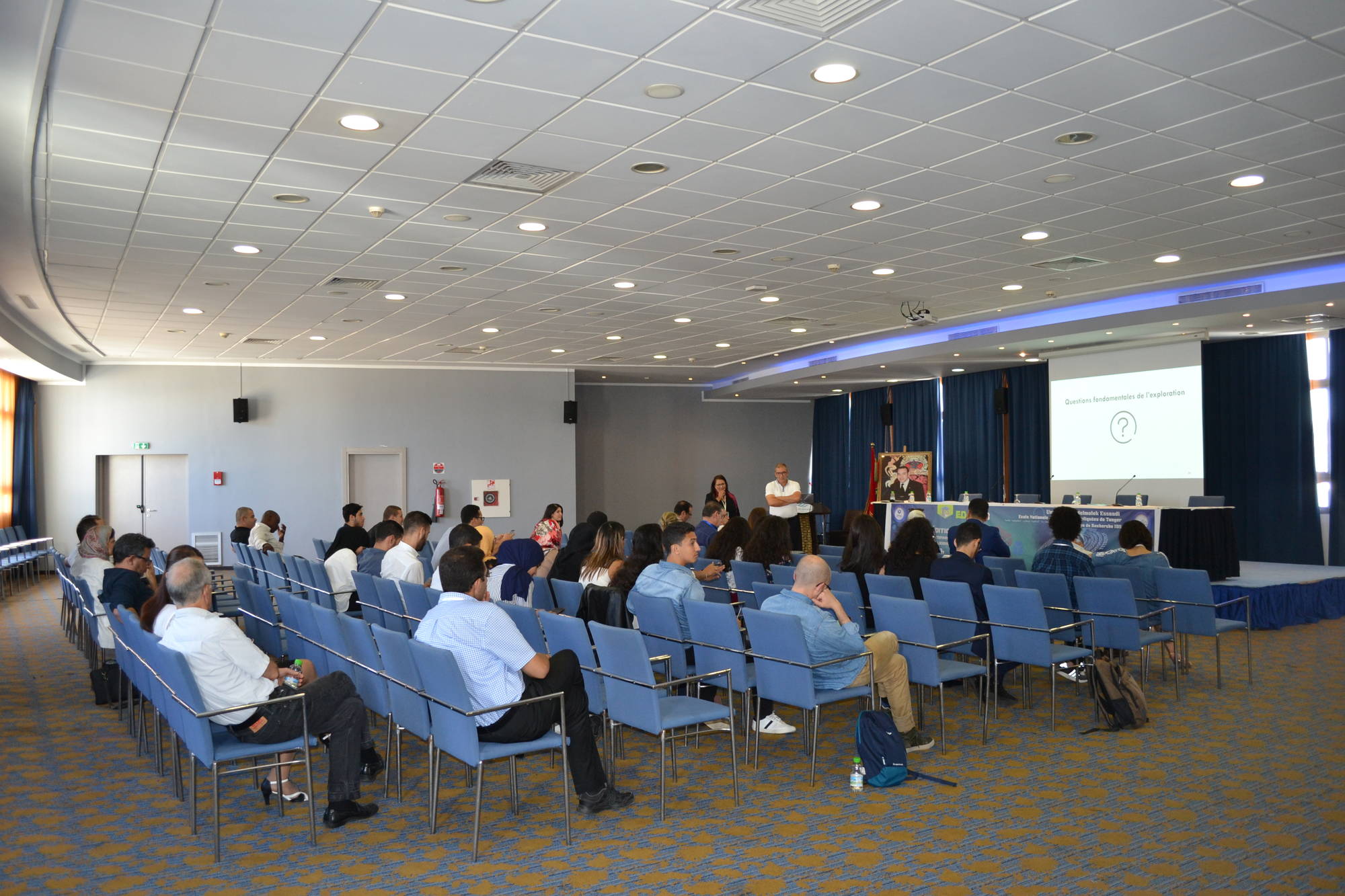
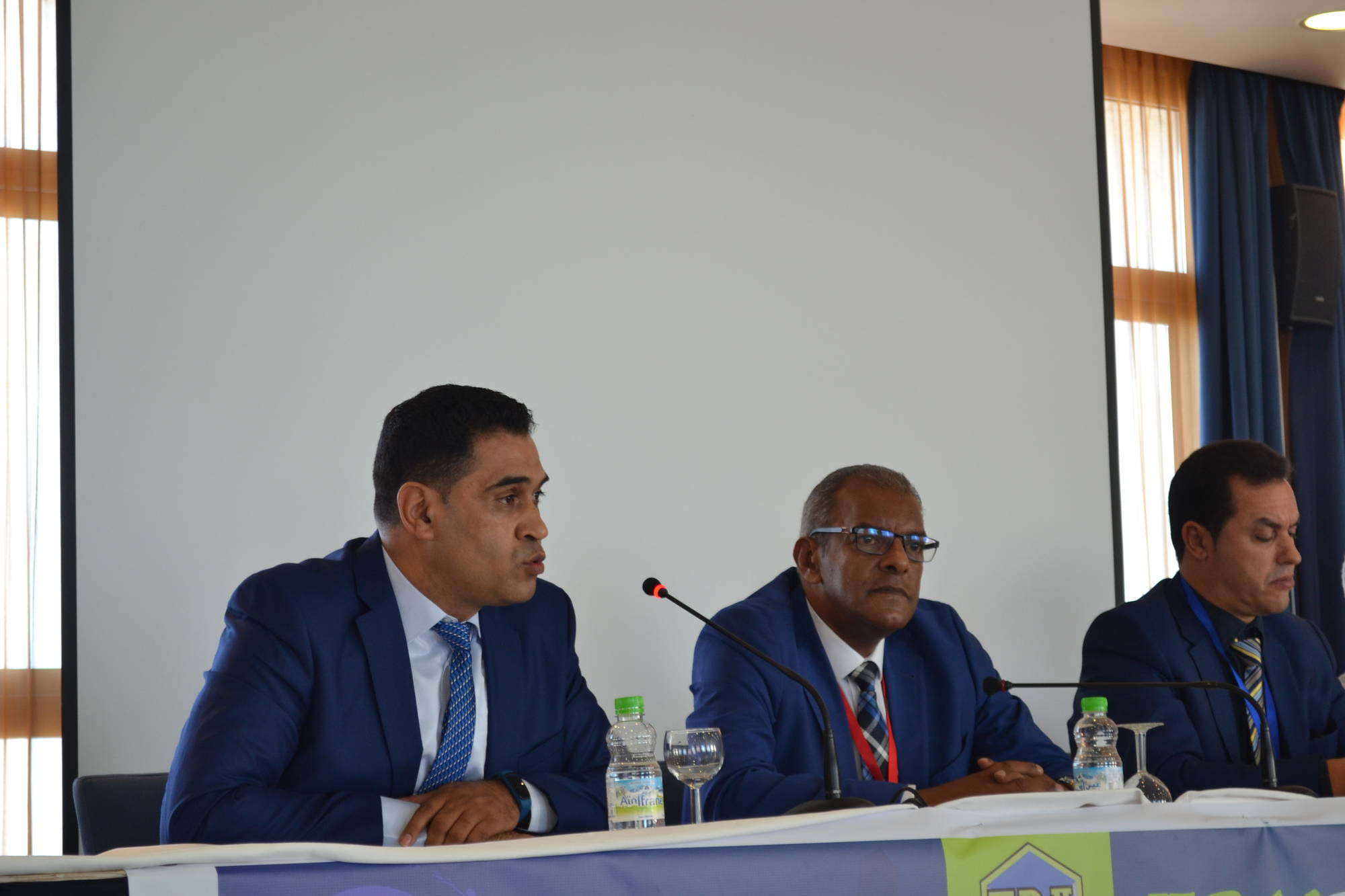
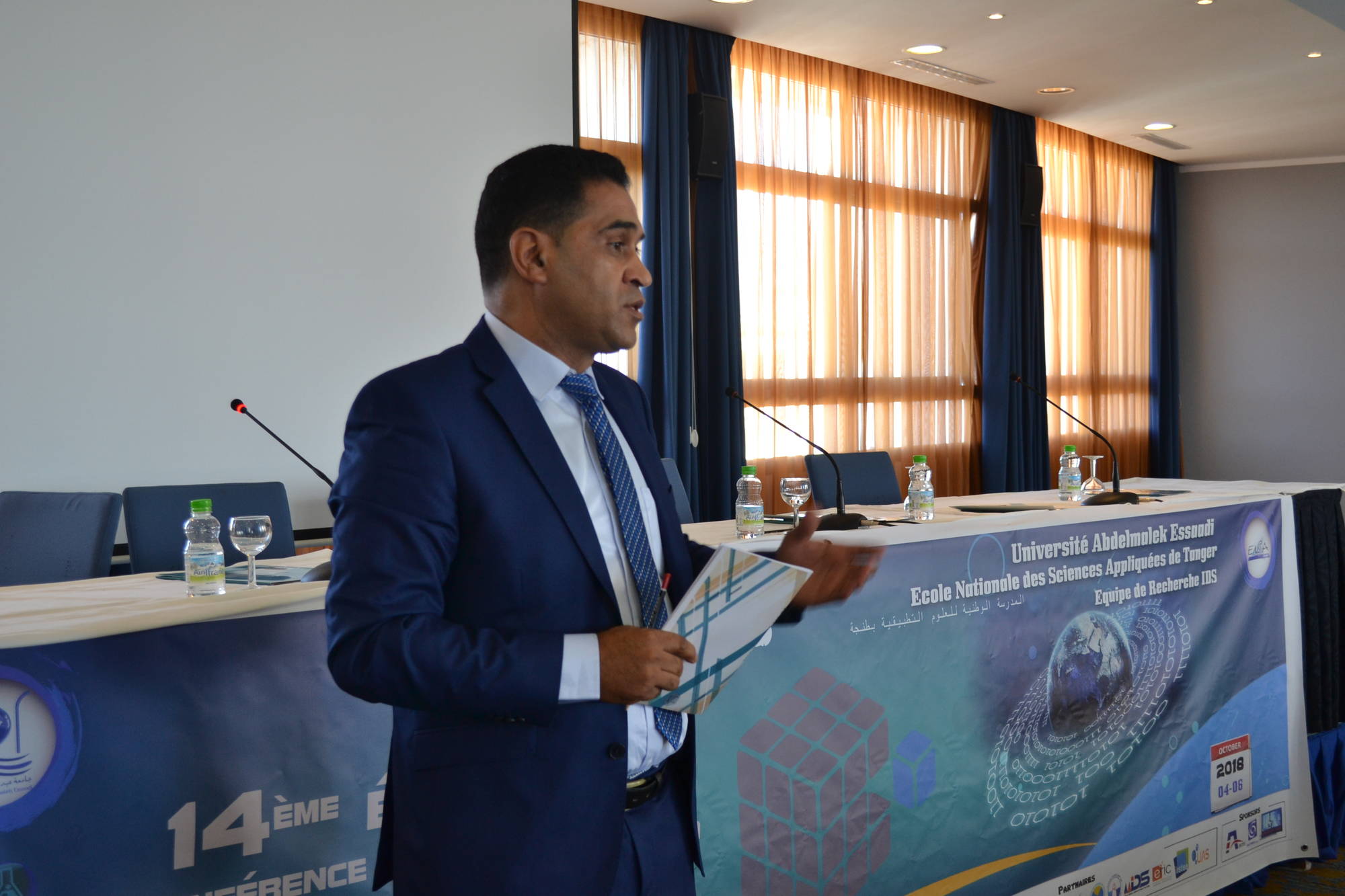
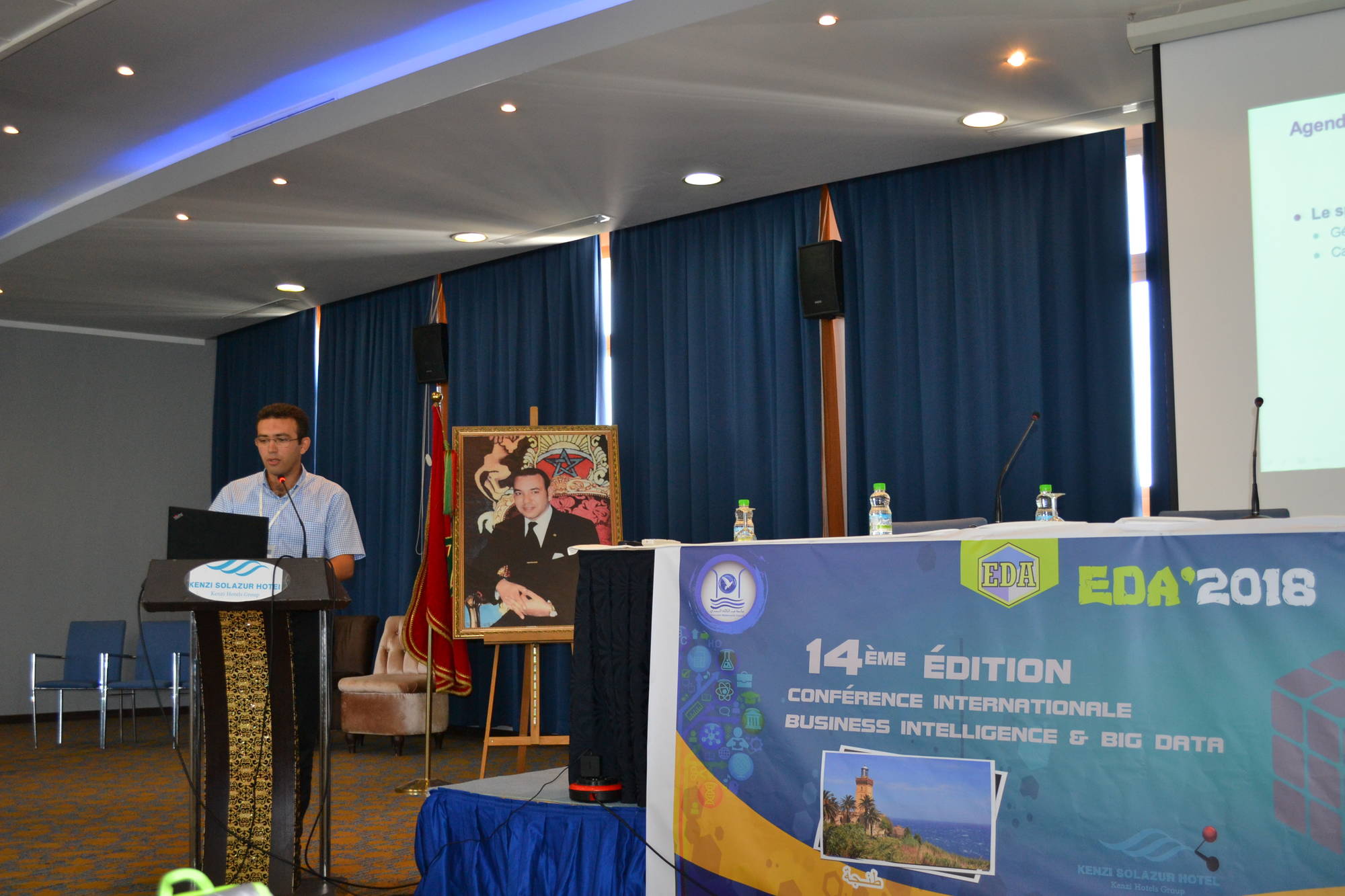
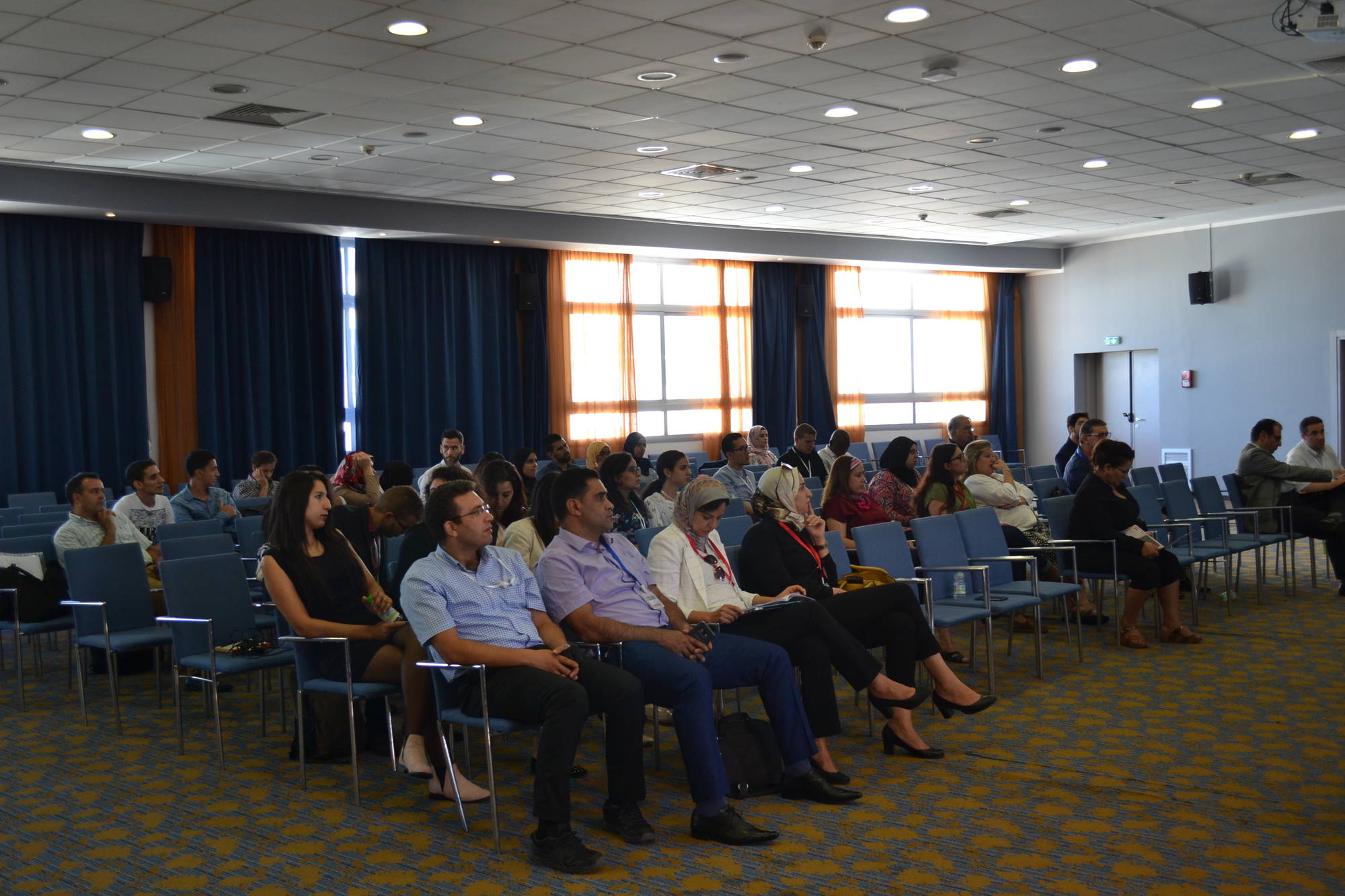
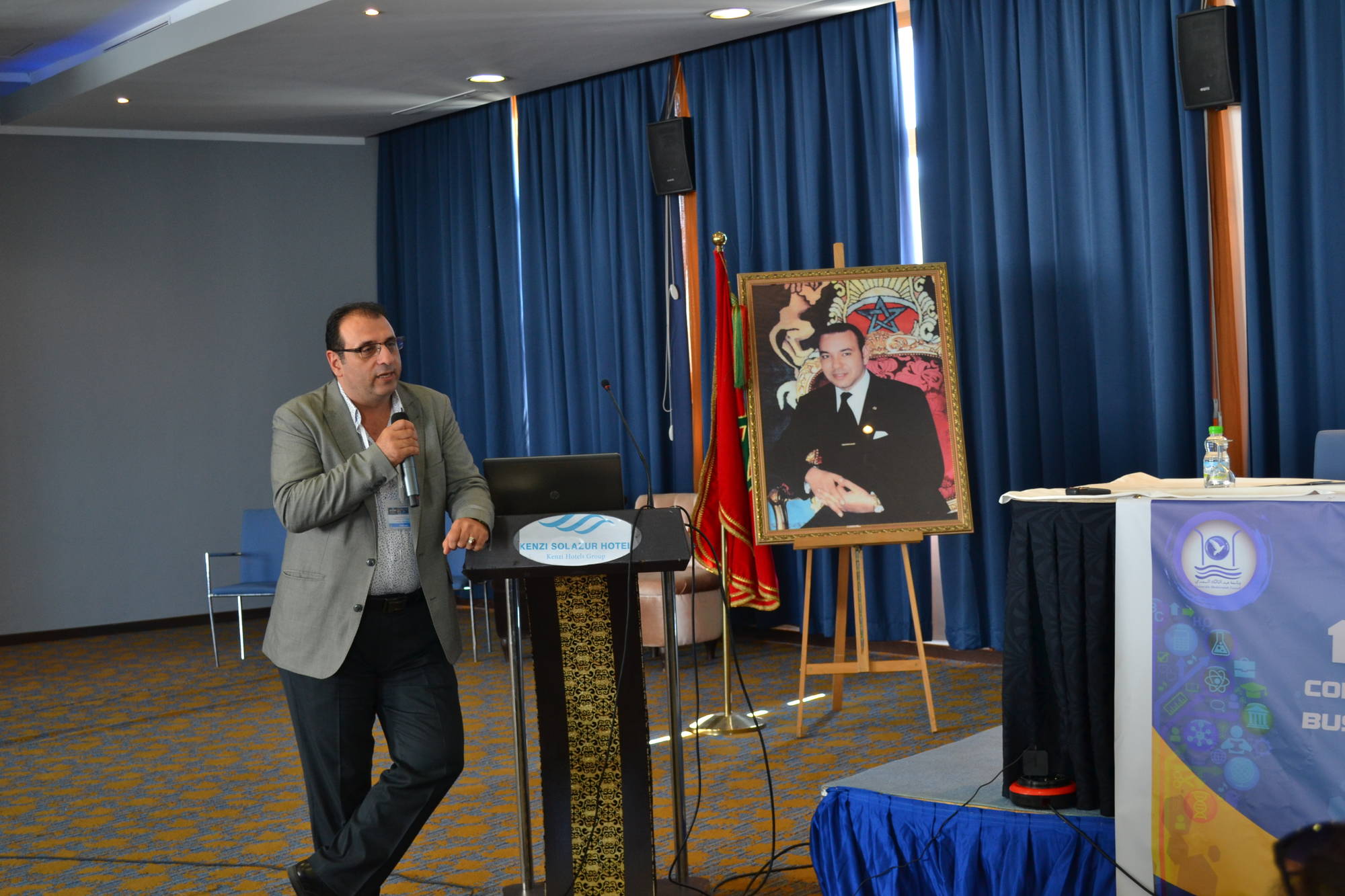
EDA 2018
Presentation
Decision-support information systems notably rest on data warehouses and on-line analytical processing (OLAP), two pillars of business intelligence (BI) that are nowadays confronted to new scientific and technological challenges. Traditional data warehouses can indeed handle hundreds of terabytes of data, but hardly manage little-structured or unstructured data such as texts and graphs, nor quickly incoming data, thus inefficiently supporting real-time BI.
In parallel, with the emergence of big data-related technologies and the diffusion of data mining and machine learning algorithms, new perspectives open for analytical and decision-support uses. The proliferation of little-structured or unstructured data, data flows from, e.g., sensors, the Internet of things or social media, coming in huge volumes, is indeed a huge opportunity for BI and sparkles new research areas in data warehousing and OLAP.
Data warehousing and OLAP still operate in various organizations to structure and analyze both legacy and new data. They retain a key role in piloting such organizations (administrations, companies, hospitals…). Then the question is how to preserve their strengths while moving data warehouses and OLAP toward solving big data issues?
Big data bring us into a new scientific and technological era offering architectures and infrastructures (clouds, Hadoop-like computing, NoSQL databases…) that allow better
data management and analytics for decision-making. Such an evolution raises new problems that require the design of new approaches for data integration, modeling, querying, analysis, optimization and security, both in traditional and big data warehouses.
Since 2005, the French-speaking conference on data warehousing and OLAP (EDA) has been offering a regular meeting framework to researchers, industrials and users interested in the latest scientific and technological advances in this domain. We call all researchers and experts in this domain to present their work. We particularly encourage young researchers to participate. Submitted papers may be written either in French or in English and must describe original research and applications related to the following topics (non-exhaustive list).
The 14th Data Warehouse and Online Analysis Days, which will be held in Tangier, Morocco, in October 2018, are a context of meetings and exchanges between researchers, industrialists and users interested in the advances in these two fields. . They will be organized by the Tangiers National School of Applied Sciences and the Data and Systems Engineering Team at Abdelmalek Essaadi Tangier-Tetouan University.
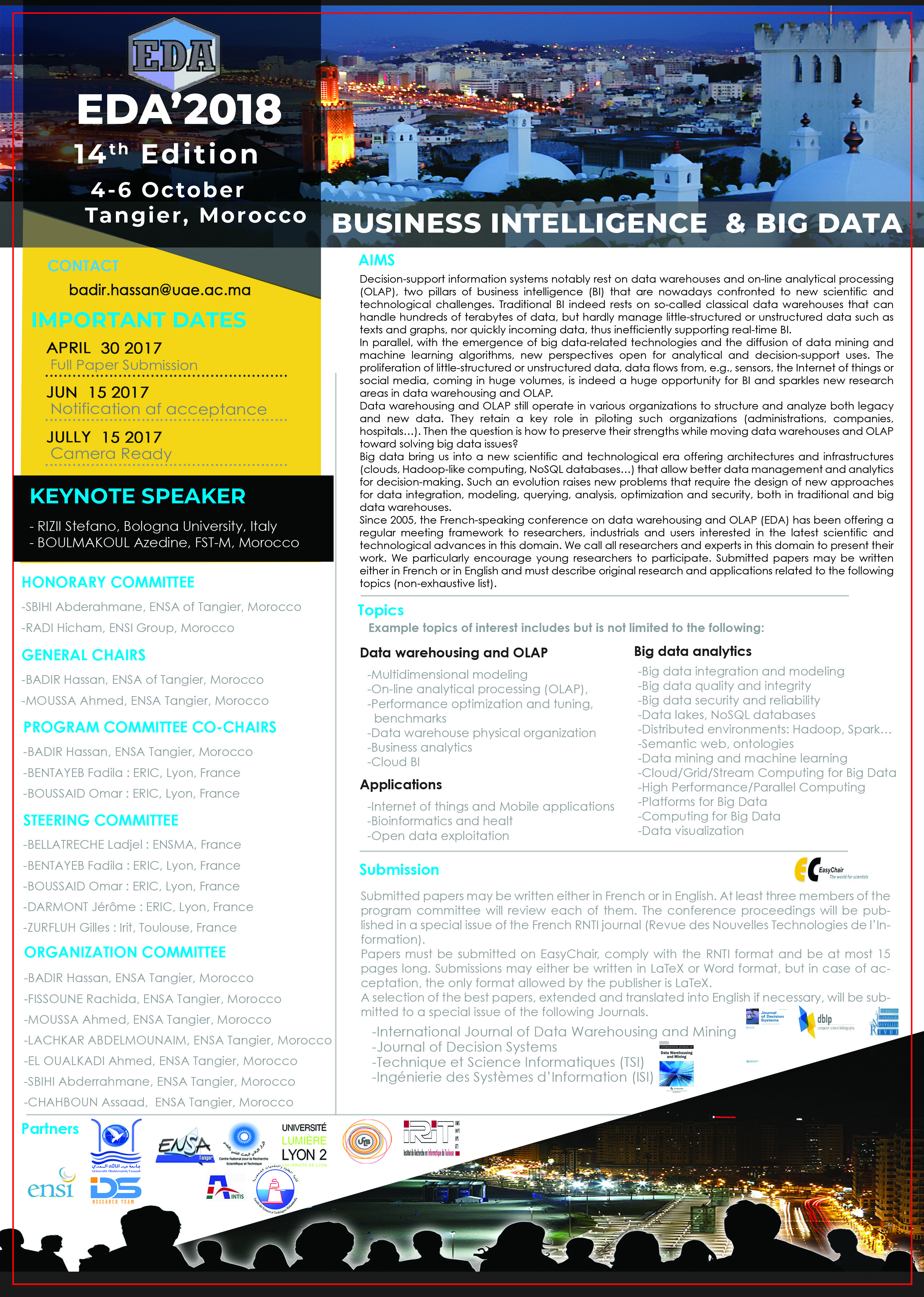

Speakers
Speakers
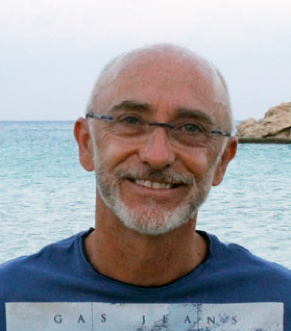
Stefano Rizzi
Full Professor, PhD University of Bologna, Italy
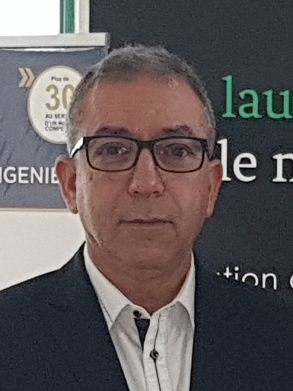
Azedine BOULMAKOUL
Full Professor, PhD FST Mohamedia, Morocco

Comite
Comite
Committee
Honorary Committee
SBIHI Abderahmane
ENSA of Tangier, Morocco
RADI Hicham
ENSI Group, Morocco
Presidents of the Conference
BADIR Hassan
Abdelmalek Essaadi University, Tanger, Maroc
MOUSSA Ahmed
Abdelmalek Essaadi University, Tanger, Maroc
Chairman of the program committee
BADIR Hassan
Abdelmalek Essaadi University, Tanger, Maroc
BENTAYEB Fadila
Lyon2 University, ERIC, France
BOUSSAID Omar
Lyon2 University, ERIC, France
Presidents of the Organizing Committee
BADIR Hassan
Abdelmalek Essaadi University, Tanger, Maroc
Presidents of the Industrial Session
El Mouden Said
General Manager of 3etech, Rabat, Morocco
Publicity Chair
HAJJI Hicham
IAV Hassan 2, Rabat, Morocco
Web Chair
FISSOUNE Rachida
Abdelmalek Essaadi, Tangier, Morocco
ABBASSID Taoufik
ENSA Tangier, Morocco
Programme
08:30 AM
Reception and registration of participants
Reception and registration of participants
09:00 AM
Cérémonie et mots d’ouverture
Cérémonie et mots d’ouverture
10:15 AM
10:30 AM
Session 1 : Datawarehouse and Applications
(20 min): Fatma Abdelhedi, Amal Ait Brahim and Gilles Zurfluh. Traduction Automatique de contraintes OCL dans une BD NoSQL
(20 min): Amir Sakka, Sandro Bimonte, Lucile Sautot, Guy Camilleri, Pascale Zaraté and Aurélien Besnard. Une Méthodologie Participative de Conception d’Entrepôt de Données
(15 min): Nabila Berkani, Selma Khouri and Ladjel Bellatreche. Linked Open Data pour les Entrepôts de Données: Opportunuité et Défis
(15 min): Amal Ait Brahim, Rabah Tighilt Ferhat and Gilles Zurfluh. Extraction du schéma d’une BD NoSQL
(15 min): Sandro Bimonte and Amir Sakka. A new methodology for Elicitation of Data Warehouse Requirements based on the Pivot Table Formalism
12:30 PM
14:00 PM
Session 2 : Optimization and performance
(20 min): Mustapha Chaba Mouna, Ladjel Bellatreche and Narhimane Boustia. Optimisations Régulières aux Services des Requêtes Recommandées.
(20 min): Djahida Belayadi, Khaled-Walid Hidouci, Ladjel Bellatreche and Carlos Ordonez. Equilibrage de Distribution de Données d’une Base en Mémoire Parallèle Partitionnées par Intervalle.
(20 min): Mohamed Boussahoua, Omar Boussaid, Fadila Bentayeb and Nadia Kabachi. Règles d'association pour Partitionnement Horizontal des Entrepôts de Données dans un Système NoSQL en Colonnes.
15:45 PM
16:15 PM
Session 3 : Data mining
( 20 min): Walid Zeghdaoui, Frederik Joly, Omar Boussaid and Fadila Bentayeb. Segmentation automatique des rapports médicaux en utilisant des réseaux de neurones convolutionnels.
( 20 min): Abdélilah Balamane, Rokia Missaoui, Léonard Kwuida and Jean Vaillancourt. Découverte de biclusters avec présence ou absence de propriétés.
( 20 min): Lokbani Ahmed Chaouki and Mohamed Amine Boudia. Une nouvelle métrique de validation pour les résumé automatique de texte par extraction.
( 20 min): Wedjdane Nahili, Khaled Rezeg and Lyna Miloudi. Towards Better Decision-making with Twitter Sentiment Analysis.
18:00 PM
09:30 AM
Session 4 : Ontologies
(20 min): Derbal Khalissa. Approche de modélisation et génération de « ProfilCarto » guidée par ontologie dans une application Web GIS.
(20 min): Adama Sow, Abdoulaye Guissé and Oumar Niang. Modélisation de connaissances médicales pour améliorer le descriptif des maladies humaines avec leurs plus pertinents signes caractéristiques.
10:30 AM
10:45 AM
Session 5 : Big Data
(20 min): Sami Belkacem, Kamel Boukhalfa and Omar Boussaid. Leveraging expertise in news feeds: A Twitter case study.
(15 min): El Hassane Nassif, Hicham Hajji, Hassan Badir and Reda Yaagoubi. Extension du framework SparkSQL pour une prise en charge efficiente des données spatiales massive dans les télécommunications.
(15 min): Amina Taouli, Djamel Amar Bensaber, Nabil Keskes and Khayra Bencherif. Semantic Classification for Big Data Analysis.
12:15 PM
14:00 PM
Session 6 : Data Security and Privacy
(20 min): Sara Rhazlane, Nouria Harbi, Nadia Kabachi and Hassan Badir. Les Systèmes Multi Agents au Service de la Sécurité des Données Entreposées dans le Cloud.
(15 min): Soufiane Maguerra, Azedine Boulmakoul, Lamia Karim and Hassan Badir. A Survey over Works Realized to Handle the Spam Issue in Twitter.
(15 min): Rashid Jayousi and Hazem Kiwan. Dynamic User-Oriented Role-Based Access Control Model (DUO-RBAC).
15:05 PM
Session 7 : Optimization and Web
(20 min): Zekri Lougmiri, Manseur Faiza and Belhadj Oussama. Calcul de l'intersection entre listes triées à base de sauts.
(20 min): Ahmed Rabhi, Salah Ouederrou, Fissoune Rachida and Hassan Badir. A multi-tiered system for querying the web of data.
(15 min): Amjad Rattrout, Fadi AbuRob, Hassan Badir. Distributed RFID Multi-Agent System for Healthcare Hospitals.
(15 min): El Houcine Addou, Abelhafid Serghini and El Bekkaye Mermri. Simulated annealing algorithm for optimizing the k-minimum spanning tree problem.
16:30 PM
19:30 PM
09:00 AM
Submission
Important Dates :
- Submission of articles : May 20, 2018
- Notification to authors : June 25, 2018
- Sending the final version : July 9, 2018
- Deadline for registration : July 25, 2018
- Dates of the meeting : 04-06 Octobre 2018
Submission Instructions :
Articles submitted for publication may be written in French or in English. Each of them will be evaluated by at least three members of the program committee. The proceedings of the conference will be published in a special issue of the journal RNTI (Revue de New Technologies de l’Information) Hermann Publishing.
There are 3 categories of papers:
- Long papers (15 pages max ) : Classic research articles.
- Papiers courts (8 pages max) : Articles describing feedback from research / industrial or other projects.
- Papiers doctorant(e) (4 pages max) : Presentation of the thesis subject, state of the art with presentation by poster during the conference.
Articles will be submitted on the link: submit
Submissions of articles can be done in a format (Word, Latex). If accepted, any article must be in Latex format, the only format accepted by the editor of the journal RNTI.
A selection of the best articles, expanded and translated into English, will be submitted to a special issue of a International Journal.
For any additional information, please contact us at the following address : badir.hassan@uae.ac.ma
Themes
Theme #1 - Data warehousing and OLAP
Theme #2 - Big data management
Theme #3 - BI & Big data
Theme #4 - Big Data Analytique
Theme #5 - Applications
Potential topics of interest, in this track, include, but are not limited to the following:
- Data warehouse architectures
- Data warehouse design
- Extract, transform, load (ETL)
- Data warehouse physical organization
- Multidimensional modeling
- On-line analytical processing (OLAP)
- Data warehouse maintenance and administration
- Performance optimization and tuning, benchmarks
Registration
The registration fees for the conference are :
| Maghrebian students | Other students | Professors / Researchers | industrial | |
|---|---|---|---|---|
| Registration | 170€ | 220€ | 270€ | 300€ |
| Registration+Hotel 1 night | 242€ | 292€ | 342€ | 372€ |
| Registration+Hotel 2 nights | 314€ | 364€ | 414€ | 444€ |
| Registration+Hotel 3 nights | 386€ | 436€ | 486€ | 516€ |
| Registration+Hotel 4 nights | 458€ | 508€ | 558€ | 588€ |
| Breakfast, service and taxes included in the price | ||||
- 30€ for double Room
Remark : - To benefit from the student discount, a copy of a 2017/2018 student ID will be requested. (1€ = 12 MAD)
For Moroccan students, the first 5 registrations will receive 50€ discount.
40€ for late registration fee
MUTLI-AUTHORS PAPER
Every paper must have at least one author registered. Other co-authors of the same paper wishing to attend the conference should register separately and pay the applicable registration fee. Author registration is non-refundable. Author of multiple papers: If you have an additional paper accepted for the conference, you must add the applicable amount for each additional paper.
PAYMENT
For the payment, you must perform a bank transfer to the following account :
Account name |
A.M.I.N.T.I.S Association |
Account number |
011 640 0000262000001411 83 |
IBAN |
MA64 011 640 0000262000001411 83 |
SWIFT Code |
BMCEMAMC |
Bank |
Bank BMCE - Agence Moulay Youssef, bd Moulay Youssef, Tangier, Morocco. |
⚠️ Please send a copy of the transfer notice to the following email address : eda2018@uae.ac.ma
KENZI SOLAZUR Hotel
The Kenzi Solazur overlooks the bay of Tangier and the Rock of Gibraltar. The hotel is located only 30m away from the beach, 500m away from the train station and only 12km away from the airport. It is the perfect place to enjoy the many attractions of the white city. Ideally located at the heart of Tangier, Kenzi Solazur is the most sophisticated hotel in the region.
